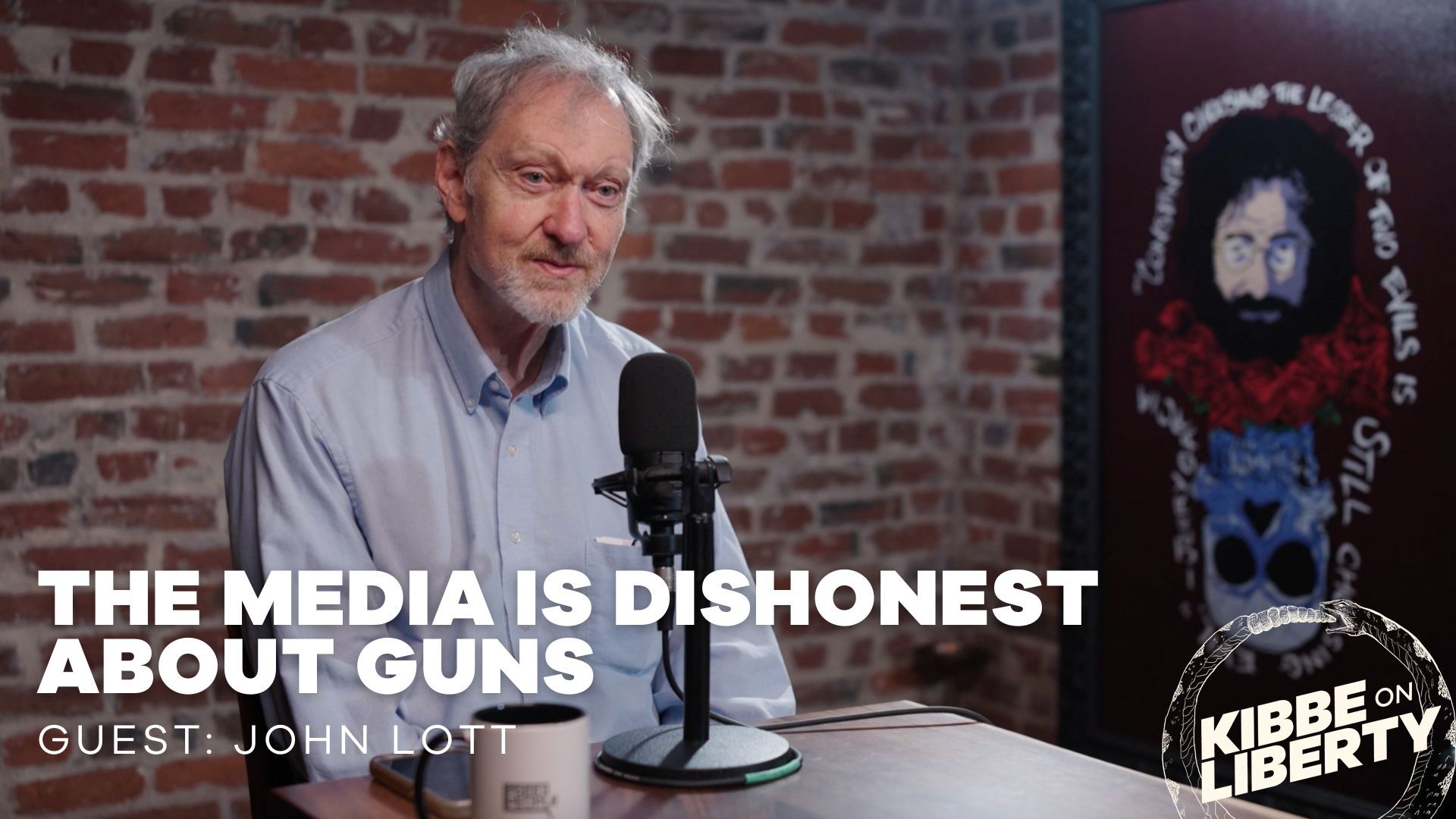
A New Year’s Resolution: Drop the Bumper Sticker Bickering
Every so often, when I am arguing for various law enforcement reforms, someone will attempt to win the argument by dropping the same tired trump card: “You’re just anti-cop!” Without evidence or reason, they reduce my argument to a false prejudice. Should a spectator hear this, they will immediately disregard anything I have said or will say. Discourse has been reduced to regurgitating propaganda and broad accusations.
Despite the trudge of a year that 2020 was, there were flashes of hope in the fog. From Justin Amash’s bills to abolish qualified immunity and civil asset forfeiture to several states taking hard looks at eliminating no-knock warrants, 2020 had the potential for being a reckoning for law enforcement reform. And yet, little has come from these worthy efforts.
So, where did these reforms go? Did we change our minds overnight and double-down on the policies that brought us here? Unlikely. Advocates for policy changes have continued to beat the drum of reform in the face of unyielding institutions. Nevertheless, like all things, when we ask politicians to fix something, it becomes political in nature and, thus, immovable.
While the possibility of change seemed real this summer, it was drowned out almost immediately by cries of “defend the police!” and “back the blue!” These quickly became wrapped up in campaigns across the nation, and all purpose was lost. To make progress on law enforcement reform, we must first change our view of law enforcement officers. If we remove the extremes from the conversation, we are left with the simple reality that officers are civil servants who are subject to the public and nothing more.
Consider the state of public education; nothing seems to improve, despite how much money is pumped into the system. The primary obstacle to genuine progress and the expansion of education options are the unions and politicians. However, if I speak in favor of school choice, I am immediately branded as being “anti-education” or “anti-teacher.” Speaking as a children’s author who believes that education is crucial for prosperity, I know that these labels do not correctly define my views. Conversely, if I were to defend hard-working teachers, I am suddenly “pro-union” or “pro-state education.” Change is then left to be determined by the powers that be.
Law enforcement is no different. Both ends of the spectrum play with our emotions and then pander to their bases. Shouters of “blue lives matter” are used to rile up shouters of “defund the police” and vice versa. Feelings of patriotism are directly tied to the support of law enforcement, making it un-American to challenge the police. Civil liberties advocates are consumed with feelings of anger, making it difficult to debate with civility. The true sentiment does not matter, as only the extremes are heard. We are left with “all cops are bastards!” or “all cops are heroes!” Neither is true.
One’s profession or uniform does not entitle them to the title of “hero;” only their actions may dictate that. Nor does the uniform immediately make one a villain.
We have to learn to view each officer as an individual and then judge them by their conduct. We can empower good officers while condemning the bad, creating transparency so that officers can speak out against corruption and abuse without fear of reprisal.
Ultimately, propaganda is the best weapon for unions, lobbyists, and politicians—especially when it can turn us against each other. The worst of ourselves is galvanized to the point that our legislatures can move on as if nothing ever happened, except when it pays. If reform were truly the goal, solutions would be discussed openly and positively. Communities, civic representatives, and officers would come together and consider everything available to them, form a plan, and then implement it, making necessary changes along the way. But conflict is too enriching of an obstacle to forego.
When we yell “back the blue” at protestors or “defund the police” at officers, trying our damndest to provoke each other, we play right into the hands of unions and politicians who only wish to prolong the fight. For 2021, let us drop the “saints and sinners” routine, tune out the propaganda, and recognize that we are all human with remarkably similar goals. Neither simple dialogue nor progress can begin when we shout slogans designed by advocacy groups and unions who funnel money and support politicians. We have to stand as communities against corruption and abuse while shining a light on the positive.
When we have done that, we can begin a real dialogue, put pressure on politicians (or vote for new ones), and begin to diminish the power of unyielding organizations. We must learn to take emotion out of the equation and approach each issue with reason. We must resolve to apply the virtue of children and restrain our judgment of all. Regardless of our feelings, our resentment, and our anger, we must come to recognize that nothing will be accomplished while we are at each other’s throats. Bumper stickers and t-shirts are meaningless when they render us unable to address our problems together.
Free the People publishes opinion-based articles from contributing writers. The opinions and ideas expressed do not always reflect the opinions and ideas that Free the People endorses. We believe in free speech, and in providing a platform for open dialogue. Feel free to leave a comment.



